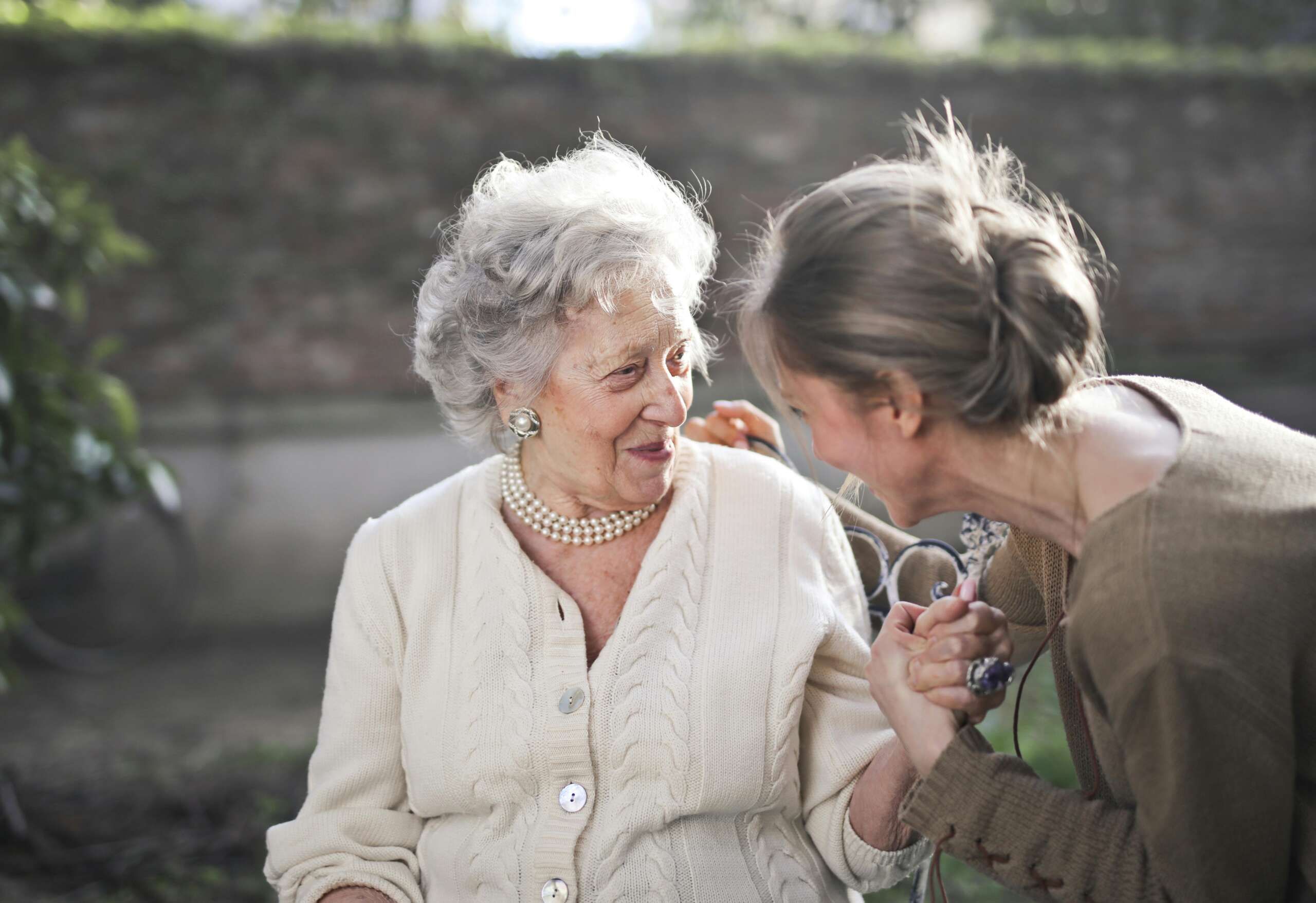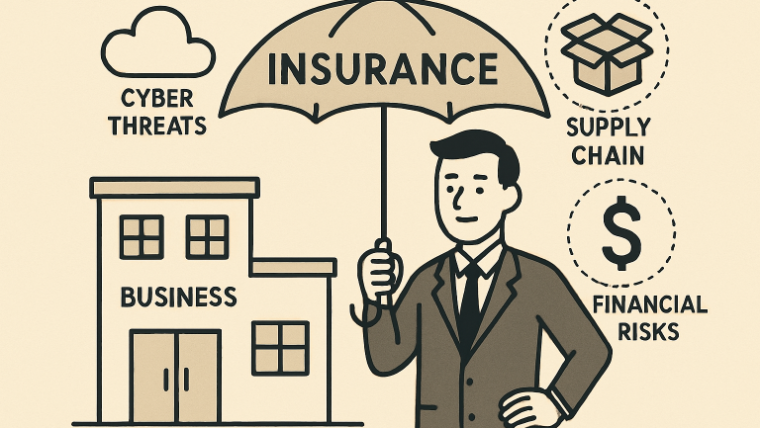
Watching a family member’s capacity decline is never easy.
At a certain point, legal intervention may become necessary to protect the interests of vulnerable adults who can no longer make decisions for themselves. Guardianships and conservatorships are powerful legal tools that can be used to care for and protect those who need the most help.
Here’s what’s worse:
The latest data shows that there are around 1.3 million adults under guardianship or conservatorship in the United States. Conservatorships alone control an estimated $50 billion in assets. Most families have no idea what these arrangements entail until they find themselves needing one for an elderly relative.
Table of Contents
In this guide, you’ll learn:
- Guardianship vs conservatorship: What’s the difference?
- When is guardianship or conservatorship needed?
- How does the process work to get guardianship?
- Alternatives to guardianship and conservatorship
Guardianship vs Conservatorship: What’s the Difference?
These terms get used interchangeably but mean two different things.
A guardianship gives an individual legal authority to make decisions about another person. These include medical care, living arrangements, personal care, and visitation.
A conservatorship allows someone to handle a person’s financial affairs. The conservator manages bank accounts, pays bills, handles investments, and protects assets.
Here’s the kicker…
Different states use these terms differently or combine both responsibilities under one title. In some jurisdictions, what one state calls a guardianship another might call a conservatorship. The terminology can be confusing!
Regardless of the labels, both types of arrangements severely restrict the fundamental rights of the person under guardianship or conservatorship, also known as the “ward”. That’s why courts take these petitions seriously.
When Is Guardianship or Conservatorship Needed?
Nobody wants to take away someone’s independence. But sometimes it’s the only way to keep them safe.
Guardianship or conservatorship might be needed when an adult is no longer capable of making safe or sound decisions on their own behalf. This includes situations involving dementia, severe mental illness, traumatic brain injury, or developmental disabilities. Inability to understand information and/or communicate decisions about one’s care signals serious risk.
The red flags are usually pretty glaring. Mom with dementia might stop bathing, eating, or taking medications. Wandering incidents or financial scams can be dangerous. A mentally ill son might refuse treatment keeping him stable.
Give some thought to this…
Without legal authority, even family members often can’t access medical records, make health care decisions, or manage finances on someone’s behalf. That’s when things really get complicated. Banks, doctors, agencies all have protocols for these situations.
Working with a Spokane elder law attorney is critical for families in this predicament. Elder law attorneys are well-versed in the complex legal procedures and requirements to navigate these cases while safeguarding everyone’s interests.
How Does the Process Work to Get Guardianship?
Getting guardianship or conservatorship is neither quick nor easy. It shouldn’t be.
The first step is filing a petition in probate court (something Veliz & Associates P.A.. probate lawyers can help you with). The petition explains why a person needs help, provides medical evidence, and names who should serve in that role.
The court appoints an attorney to represent the interests of the person being “put under guardianship” in the petition. The proposed ward is allowed to contest the petition as well.
Doctors provide medical evaluations and submit written reports to the court. Objective medical evidence is required for a judge to make a determination.
A hearing occurs where all parties present evidence. Petitioners testify. Medical experts report on their evaluations. The proposed ward may also speak if they desire.
Want to know a secret?
Courts are biased towards the least restrictive alternative. If a person can function with support in one area, a judge might award limited guardianship over their entire lives.
Guardians and conservators are required to report to the court after appointment. This documentation proves they are acting in the best interest of the ward. It tracks money spent, decisions made, and care provided.
Alternatives to Guardianship and Conservatorship
Guardianships and conservatorships should always be the last resort.
Alternatives exist that provide less restrictive forms of protection while preserving the autonomy of vulnerable adults. Powers of attorney give someone the authority to make decisions on another’s behalf if incapacitation occurs. A person chooses their own representative while still mentally competent.
Health care directives outline the types of medical treatment a person does or does not want. Living wills convey end-of-life preferences. POLST forms communicate care wishes to medical providers and emergency personnel.
Representative payees can be appointed to handle Social Security benefits for a disabled person who struggles with money management. This is a limited form of financial control only related to those specific benefits.
Supported decision-making agreements are newer legal alternatives that are gaining in popularity. Supporters help a person understand information presented to them and communicate their decisions. They don’t replace someone’s decision-making ability. In 2021, 35 states reported filing 92,117 new adult guardianship cases, demonstrating the widespread use and need for these legal protections.
But there’s a catch…
Alternatives only work if implemented while someone still has capacity. If an elderly parent already has advanced dementia, it’s too late for a power of attorney. Planning ahead matters.
Common Challenges and Concerns
Guardianships and conservatorships come with legitimate concerns.
The potential for abuse of power is all too real. Family conflicts erupt over these petitions all the time. Siblings fight over who should be the guardian. Adult children disagree on whether intervention is even necessary. Money issues drive many of these disputes.
Stories of financial exploitation by professional guardians hit the headlines for a reason. Abusers are in a position of great power when controlling the lives of vulnerable adults.
It’s a costly process as well. Court fees, attorney fees, medical evaluations all drain an estate. Professional guardians charge hourly rates that can wipe out modest savings in short order.
Loss of fundamental rights is another concern. Where the ward can live, who they can see, even whether they can marry are all up for grabs.
Taking Action
Educating yourself on guardianship and conservatorship helps make informed decisions.
Legal intervention is needed to protect vulnerable adults, but the consequences are serious. Judges shouldn’t grant these petitions lightly. Evidence, hearings, and ongoing court involvement are required.
A few key points to remember:
- Guardianships control personal and medical decisions
- Conservatorships manage financial matters
- Evidence of incapacity is required
- Less restrictive alternatives should be considered
- Professional guidance is necessary for these cases
Watching a loved one’s capacity decline is difficult but intervening to protect them is an act of love. Guardianship, conservatorship, or other alternatives can keep vulnerable adults safe. The most important step? Plan ahead with guidance from an elder law attorney.


